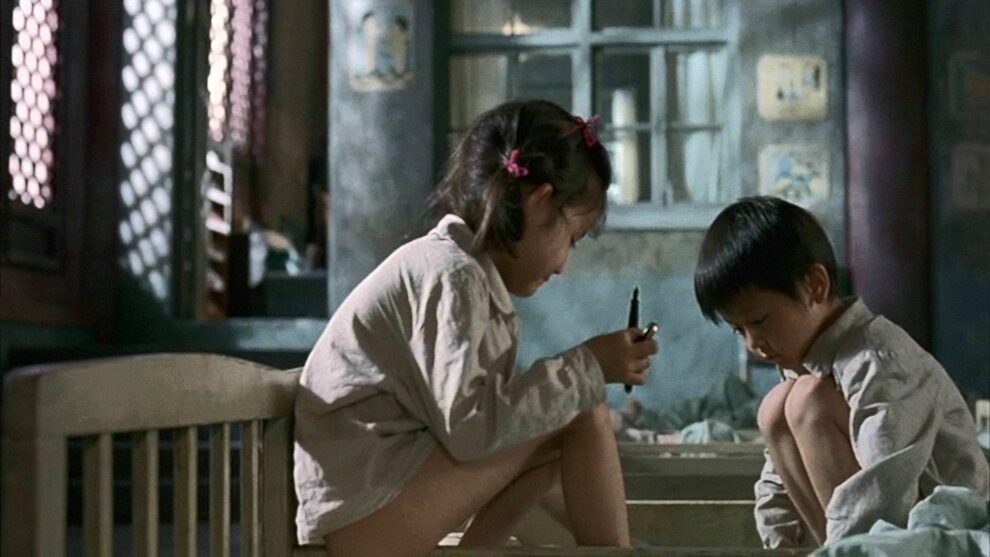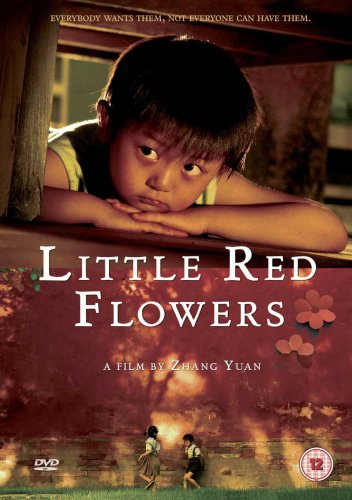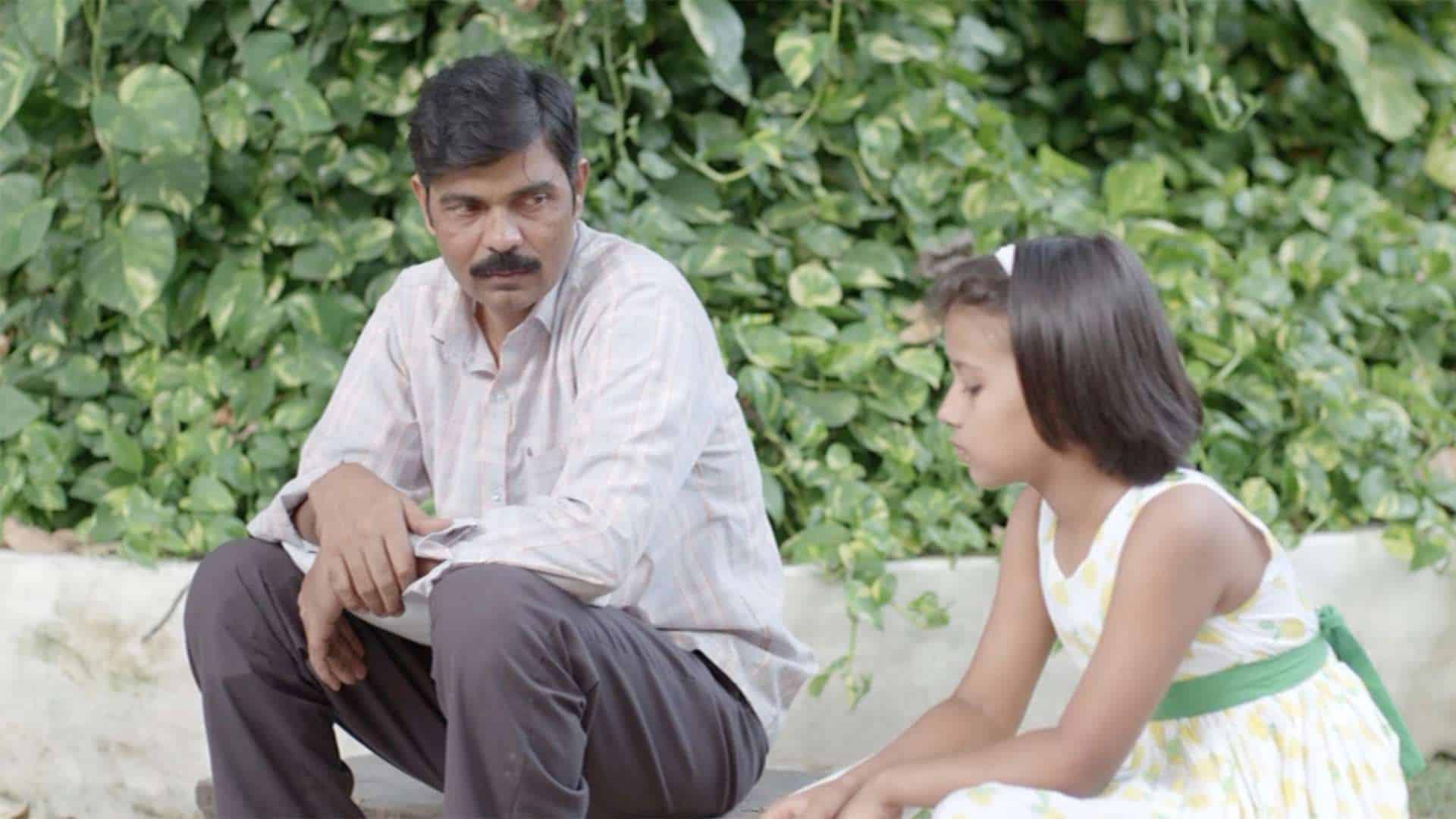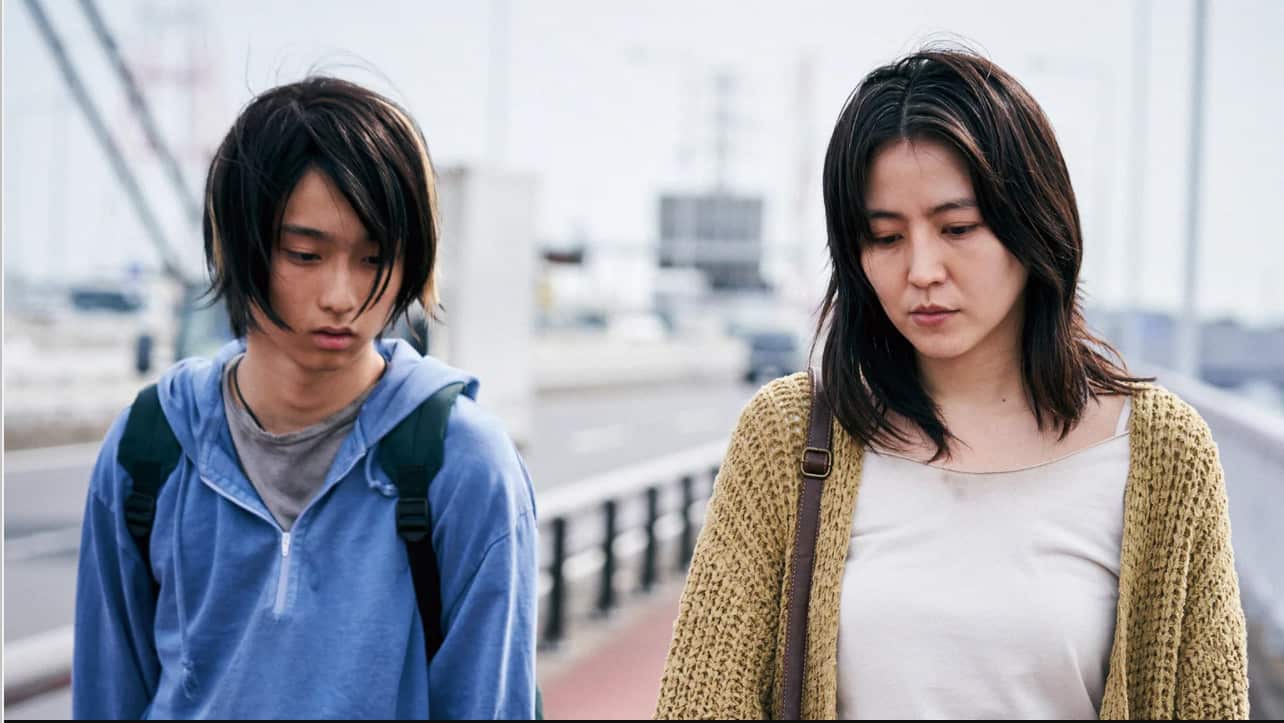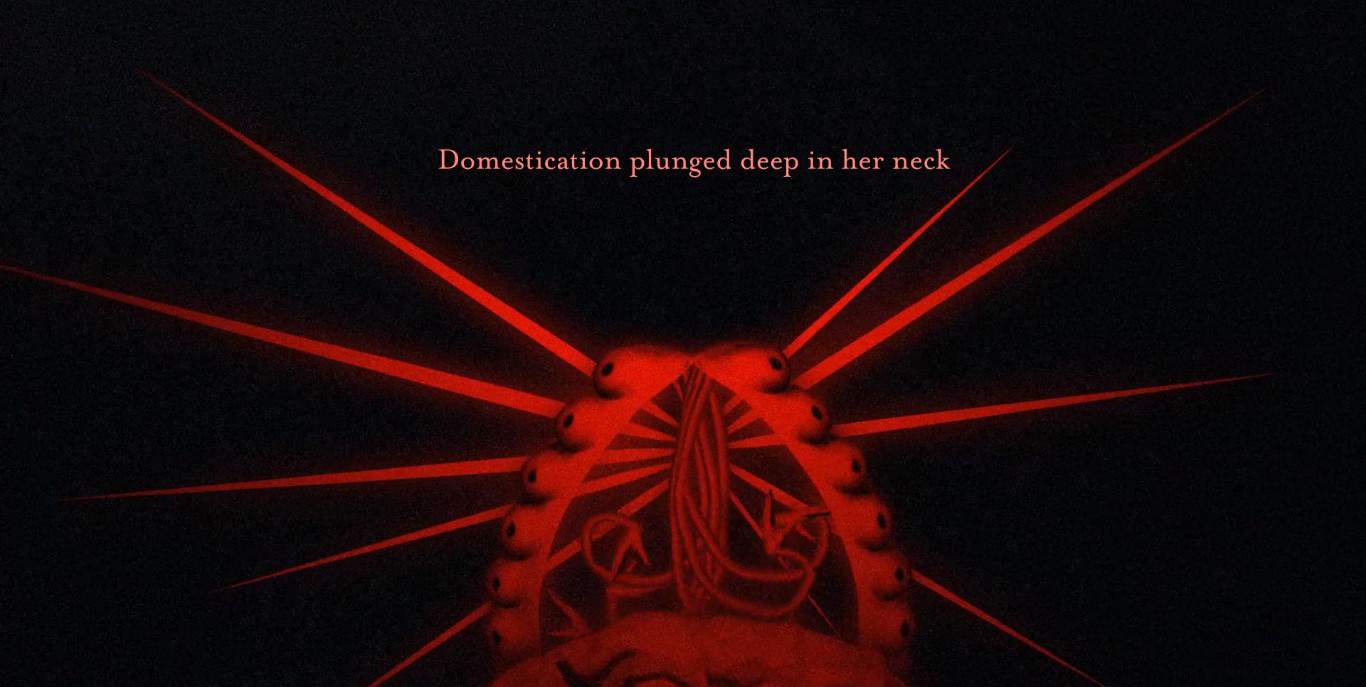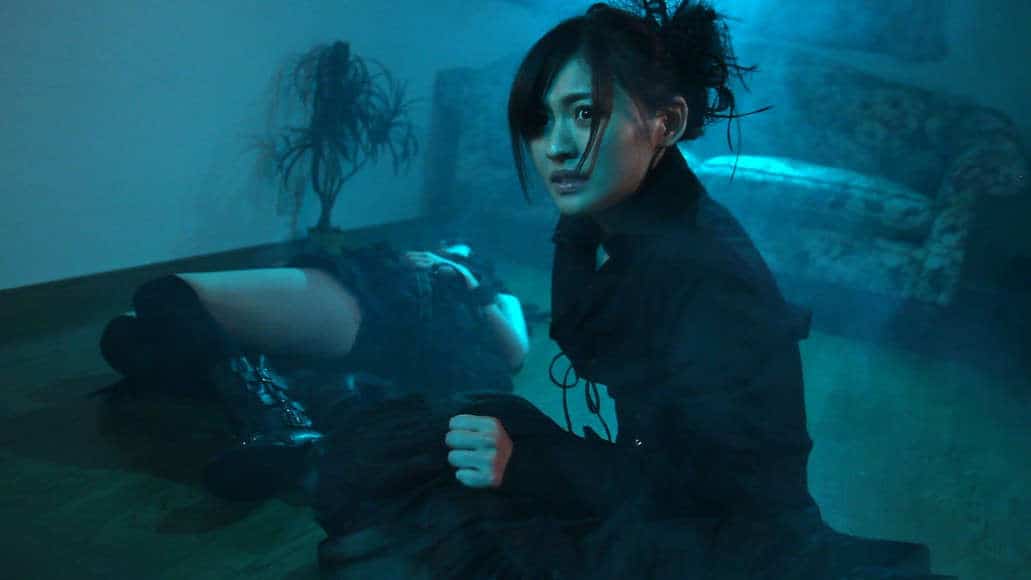By Federica Giampaolo
A comically vibrant adaptation of Wang Shuo's semi-autobiographical novel, “Little Red Flowers” by Zhang Yuan is a celebration of imagination and wonder in defiance of social convention. Co-produced by Beijing Century Good-Tidings Cultural Development Company and the Italian company Downtown Pictures, it premiered internationally at the Sundance Film Festival in 2006 for the World Cinema section and won the C.I.C.A.E. Award at the Berlinale the same year.
Set during the aftermath of the Chinese Revolution, the title alludes to the rewards given to children who behave well. Four-year-old Fang Qiangqiang (Dong Bowen) is taken by his father to a strict residential kindergarten, where, estranged from home, he starts misbehaving and challenging the authority of the teachers. He constantly parades around the cramped spaces in total disdain for their puritanical obsession with cleanliness and order. In fact, the movie's constant nudity is one of its most provocative aspects. Qiang ends up remaining an outsider unable to fit in and find his place. He resumes his nasty, abusive behaviors after achieving his greatest success—leading a rebellion against his evilly authoritarian teacher. He develops into a despot whose desire for acceptance compromises his empathy.
Through the eyes of a little boy willing to fight for what he wants, this film serves as an allegory about extreme collectivization. Not only that, but this thought-provoking film also depicts a wonderful story of growing up and innocent curiosity.
The movie alternates between contrasting aspects without never contradicting its message. It has a dirty but orderly setting, and the telling presents a warm tone that never betrays its silent anxiety and bitter portrayal. Zhang has a gift for capturing childhood as a changing series of freedoms, alternating funny and sad moments. He also manages to capture children's natural curiosity and bravery, without denying possible darker implications or discontents. The film's young subjects are rebellious and intrepid, emotionally mature and intelligent people with a strong sense of individuality. Moreover, the child actors give stellar performances, especially Dong Bowen, who manages to portray a wide range of adult emotions. It might have not been easy to direct a large cast of mostly children, yet the story is perfectly convincing.
“Little Red Flowers” shows excellent effort on a technical level. It has an astounding soundtrack by Italian composer Carlo Crivelli, not to mention the precise camera work, and there's a remarkable use of color. All these aspects combined surely offer a pleasant watch, but sometimes “Little Red Flowers” falls short in some aspects.
The political metaphor has its limitations: these are very young children, and their temper tantrums can only serve as a metaphor for political non-conformity for so long. “Little Red Flowers” attempts to mimic Qiang's point of view but fails to create the impression of watching childhood through a child's eyes. The adult viewer comprehends subtle political correlations that children can't, as in rules or punishments, but it is difficult to relate with Qiang's lack of understanding of these correlations. After all, he's a child, and children do not particularly love rules, regardless of where they were raised.
Lastly, what's impressive about this movie is that it isn't entirely connected to a political subtext. Watching Qiang face changes in a new environment, it becomes clear how complex it is to grow up sometimes, also as children. Childhood is supposedly a time of carefreeness, but it sure has its difficulties and dark times. In fact, the Chinese title is a reference to a particular saying: “beautiful on the surface”, which means that even if things might look good, they have their flaws, just like childhood. However, it's not clear whether these flaws are inevitable or caused by particular environments (or regimes). But thanks to this ambiguity, the film results in being a thought-provoking piece.
Through the use of a rebellious four-year-old as a metaphor for the fate of free spirits, the film delves into the complexities of living under authority. “Little Red Flowers” is a powerful reminder of the struggles faced by those living under oppressive regimes and serves as a testament to the resilience of the human spirit. Also, the director's portrayal of childhood strikes a chord by capturing the essence of childhood as a series of evolving freedoms, each one building upon the last. Despite the darker aspects that come with growing up, he highlights the emotional bravery of children in various situations. From their impudence and anti-authoritarian tendencies to their curiosity about their bodies, he portrays these extremes with sensitivity and authenticity. By doing so, he reminds us that childhood is not just a period of innocence but also a time of growth and exploration.


